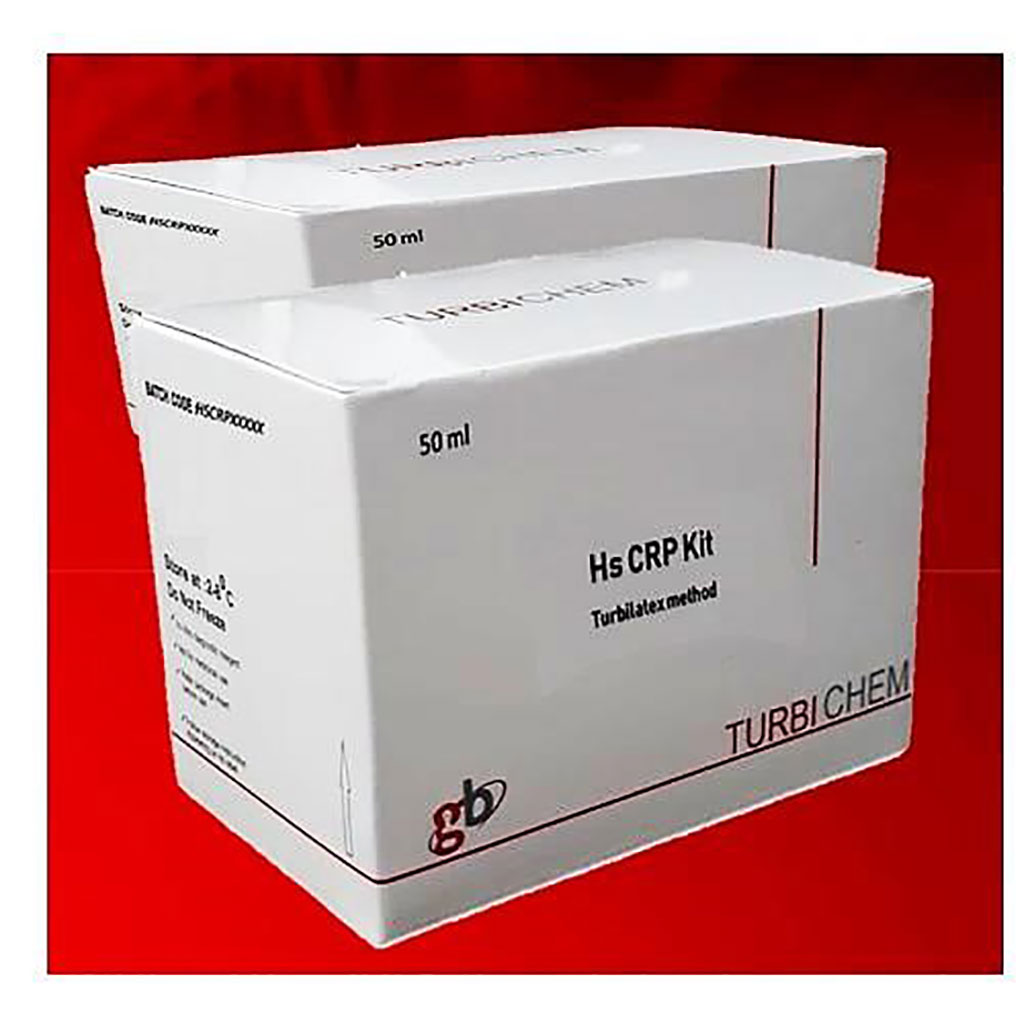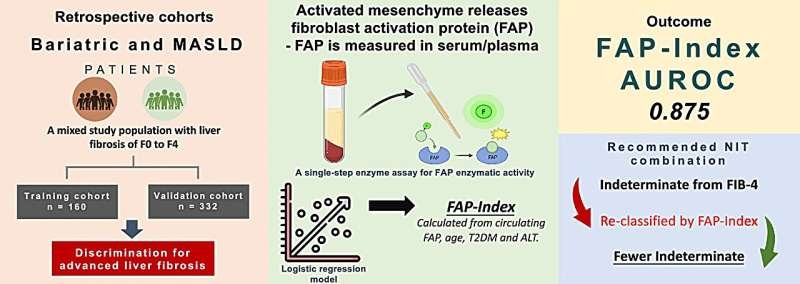Serum High Sensitivity C-Reactive Protein Associated With Pre-Diabetes
By LabMedica International staff writers
Posted on 29 Dec 2021
Individuals with pre-diabetes are at a higher risk for progression to diabetes and are also known to be associated with an increased risk of cardiovascular disease. Also, pre-diabetes is known to be associated with obesity and an abnormal lipid profile. Posted on 29 Dec 2021
C-reactive protein (CRP) is an acute-phase protein that is increased in infections, inflammatory conditions, and even cancers. Low-grade inflammation is said to be associated with pre-diabetes and high sensitivity CRP (hsCRP) is an indicator of inflammation.

Image: The High Sensitivity C-Reactive Protein ELISA kit (Photo courtesy of Genuine Biosystem)
Clinical Scientists at the Jawaharlal Nehru Medical College (Wardha, India) carried out a cross-sectional study from October 2018 to August 2020 to determine whether hsCRP can be used as a biomarker in the early diagnosis of pre-diabetes in a rural population. A total of 200 participants, including 100 diabetics and 100 controls who were age- and gender-matched, were enrolled. Blood investigations included blood glucose levels, lipid profile, and high sensitivity CRP. The hsCRP levels were tested by an ultrasensitive CRP kit, and were measured by the spectrophotometric method using an enzyme-linked immunosorbent assay (ELISA) Turbichem-Hs-CRP kit, (Genuine Biosystem, Chennai, India). The test was based on the two-site sandwich enzyme immunoassay principle.
The investigators reported that the mean value of high sensitivity CRP for cases was 2.17 ± 0.72 mg/L. The mean value of high sensitivity CRP for controls was 0.66 ± 0.22 mg/L and therefore high sensitivity CRP for diabetics was significantly higher than controls. High sensitivity CRP was significantly and positively correlated to age, body mass index (BMI), total cholesterol, low-density lipoprotein, cholesterol, and waist-hip ratio.
The authors concluded that Hs-CRP, which is a marker of inflammation, was also found to be correlated with abnormal lipid profiles and oral glucose tolerance tests. The Hs-CRP can be used as an early predictor of inflammation in pre-diabetes and can be a marker of underlying abnormal sugar levels and lipid profile in pre-diabetics unaware of their health status. The study was published on October 28, 2021 in the journal Cureus.
Related Links:
Jawaharlal Nehru Medical College
Genuine Biosystem









 Analyzer.jpg)



